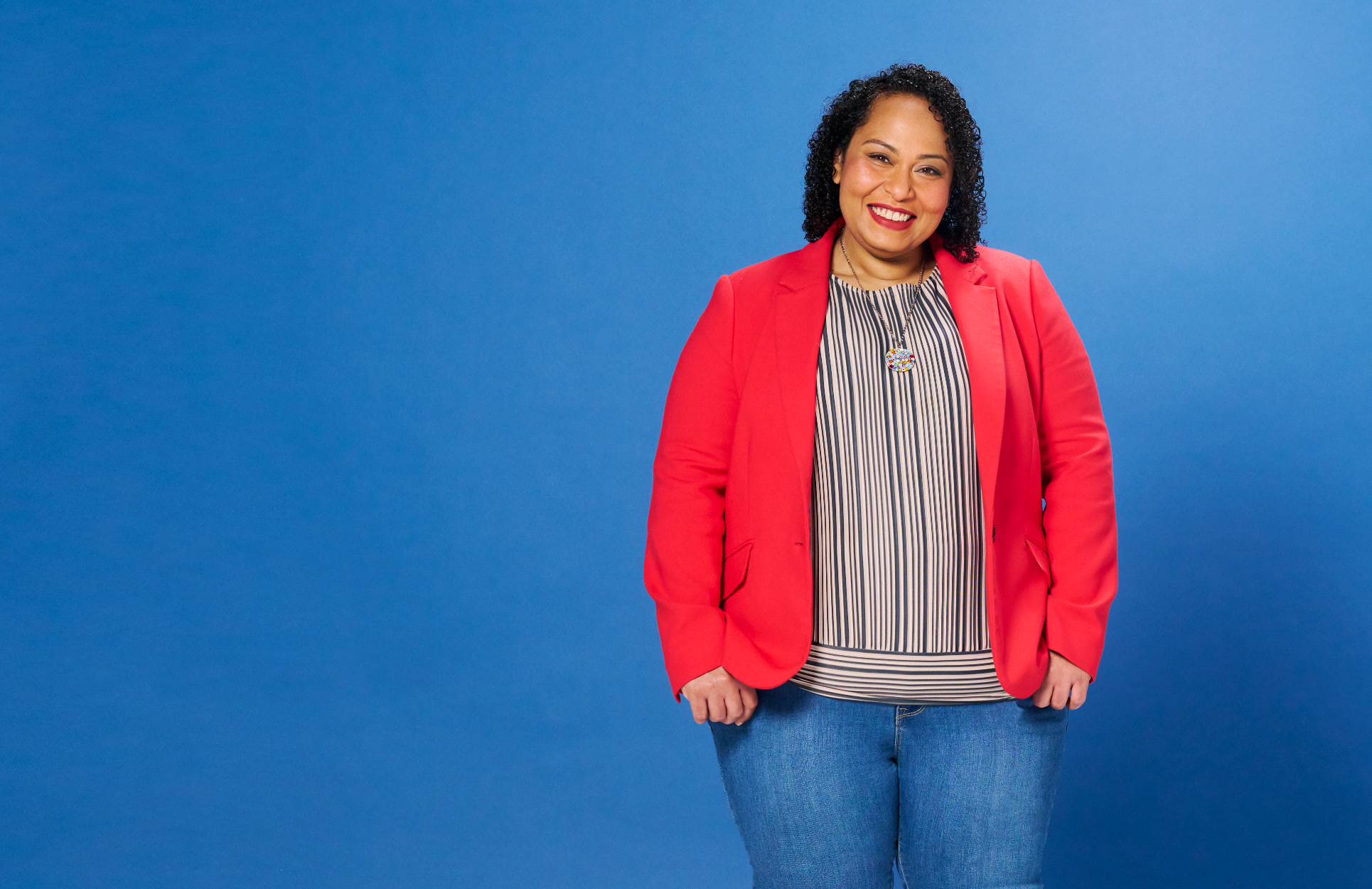
Yasmeen Husain had never heard the word ‘actuary’ until she was in her mid-twenties. Even then, she wasn’t sure exactly what an actuary was.
“I was working in underwriting,” she says. “I never heard the word ‘actuary’ until I asked who comes up with the rates we apply to price risks.
“I was told ‘something called an actuary’. Not a person, a thing. When I looked into it, I realised it was a field aligned with things I enjoy, like mathematics and problem solving. Plus it has a reputation of being attained by intelligent people.
“So I thought: ‘Well, I’m intelligent, I like mathematics, I like a challenge.’ And that’s how I decided to go into the actuarial field.”
Today Yasmeen is self-employed. While there’s no such thing as a typical day, there are certain key elements that apply to every job.
“What I do day-to-day always depends on what my clients need,” she says. “But there is always an element of digesting their methodologies and issuing independent challenge, or being a technical translator to non-actuaries – in transformation projects, for example. And there is always stakeholder management.”
Along with those key elements come some key challenges, and to Yasmeen they transcend the mechanics of the job.
“Because we are intelligent, high achieving individuals, I can feel that I always need to be better,” she says. “Impostor syndrome is very real. To me that’s the biggest challenge, along with keeping up with industry developments and regulation as they are the potential needs of my clients.”
The nature of Yasmeen’s work means taking on different roles with every job. “My next project doesn’t have to be like my last project,” says Yasmeen. “So I need to be resourceful with my expertise.
“When you’re a self-employed professional, unless you’re working in a niche specialist area, you need to be adaptable and for your skills to be transferable, so you can effectively and competently apply your accumulated experience and knowledge to different types of institutions or problems.
“In fact, my next step is to expand my actuarial and risk offering to the non-financial sector, where I know we can add value.”
“My next step is to expand my actuarial and risk offering to the non-financial sector, where I know we can add value.” – Yasmeen Husain, Chartered Actuary
As someone who loves a challenge, Yasmeen was well-placed to be part of the team reviewing the way a large UK bank had sold interest rate derivatives to mortgage customers.
“It was a multidisciplinary project involving actuaries, lawyers, accountants, forensic accountants and IT professionals,” she says.
“We were brought in to assess whether those who were sold interest rate derivatives understood what they were entering into, and also whether they needed it in the first place. If we assessed there was mis-selling, we had to arrive at the value of the damage and remediation that person or business was entitled to.
“A significant amount of money was paid to a large number of people and businesses. It was a very rewarding project to work on: public interest, complex cases, and applying my actuarial and risk expertise to specific individuals rather than a sample of a population.”
Yasmeen, already a Chartered Enterprise Risk Actuary and Chartered Insurance Practitioner, was on the fence during the Chartered Actuary debate. “I’m one of those people who didn’t belong to either camp,” she says.
“Now that I understand more, I realise being a Chartered Actuary will be useful for me as I venture into non-traditional spaces and gain more exposure in the international marketplace.
“Different places have different standards when it comes to actuarial qualifications. Chartered Actuary designation is an unequivocal way to say ‘I have passed certain exams, met certain standards and will adhere to a code of conduct’.
“Achieving that stand out is very important, especially as a self-employed person. It could be the quality stamp that gets me through the door. But if not, it’s still a demonstration of commitment to my chosen field. And that’s good to have too.”
We’ll be sharing member stories from around the world on a regular basis, so keep an eye out for updates. If you’ve chosen to adopt Chartered Actuary status, or if you’ve employed an actuary who is helping to transform your organisation, we’d love to hear from you.